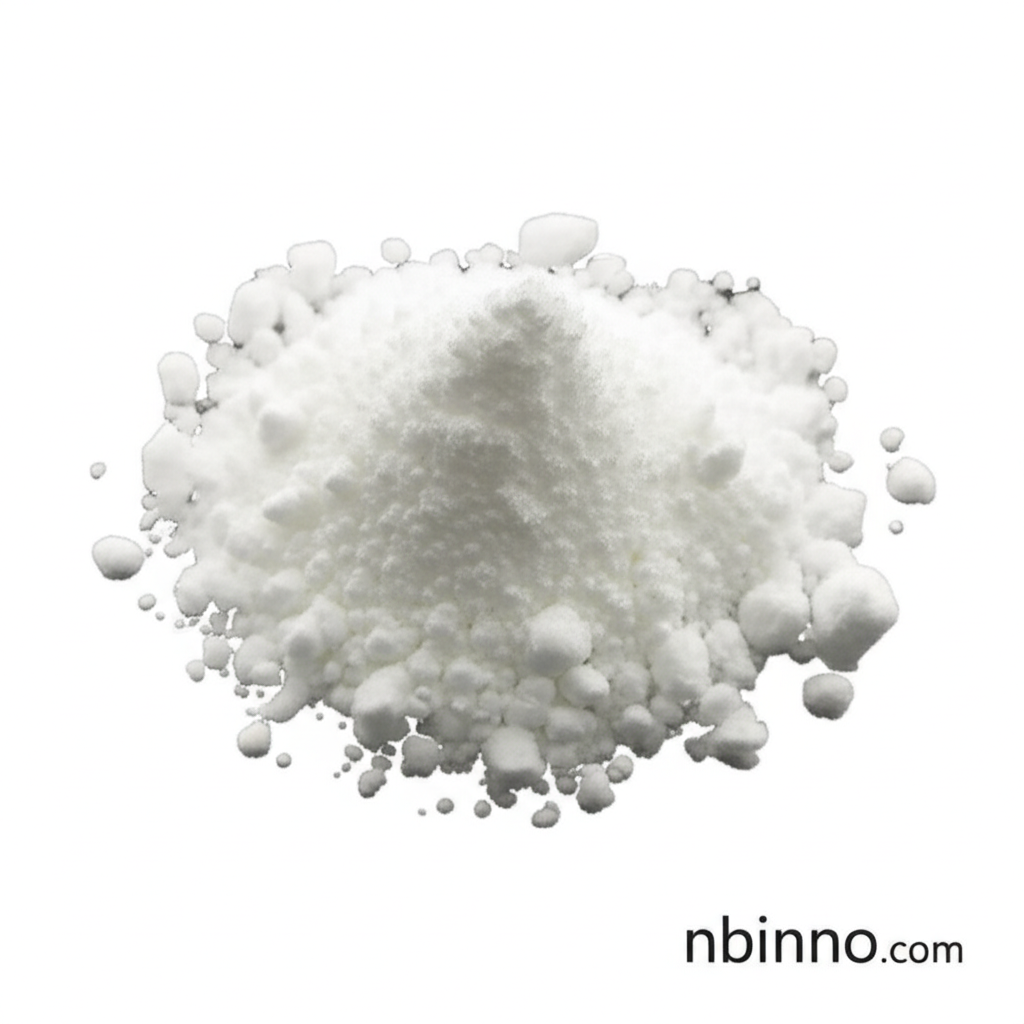Bis(4-nitrophenyl) Carbonate: A Versatile Building Block for Synthesis
Unlock new possibilities in organic chemistry with this key intermediate.
Get a Quote & SampleProduct Core Value

Bis(4-nitrophenyl) Carbonate
Bis(4-nitrophenyl) carbonate (CAS: 5070-13-3) is a high-purity crystalline powder renowned as a versatile building block in organic synthesis. It plays a critical role as a reagent in the synthesis of peptides, esters, and carbonates, and is also utilized as a cross-linking agent for proteins and nucleic acids.
- Discover the ease of the synthesis of peptides using bis(4-nitrophenyl) carbonate for efficient peptide bond formation.
- Explore the applications of bis(4-nitrophenyl) carbonate for ester formation, a crucial step in pharmaceutical and fragrance industries.
- Learn how cross-linking proteins with bis(4-nitrophenyl) carbonate can stabilize complex biomolecular structures.
- Utilize this compound as a reagent for the determination of amino acids, enhancing analytical accuracy.
Key Advantages
Synthesis Efficiency
Leverage its role in the synthesis of peptides using bis(4-nitrophenyl) carbonate to achieve higher yields and purity.
Broad Applicability
From pharmaceuticals to biomolecular studies, its wide range of uses makes it an indispensable chemical intermediate.
Structural Stabilization
Employ it as a cross-linking agent for proteins and nucleic acids, ensuring the structural integrity of biomolecules.
Key Applications
Peptide Synthesis
As a key reagent in the synthesis of peptides using bis(4-nitrophenyl) carbonate, it facilitates precise peptide bond formation.
Ester & Carbonate Formation
Its utility in bis(4-nitrophenyl) carbonate for ester formation and carbonate synthesis broadens its industrial relevance.
Biomolecular Research
The compound serves as a vital cross-linking agent for proteins and nucleic acids in advanced biological studies.
Analytical Chemistry
Used as a reagent for the determination of amino acids, it aids in accurate quantification and analysis.
